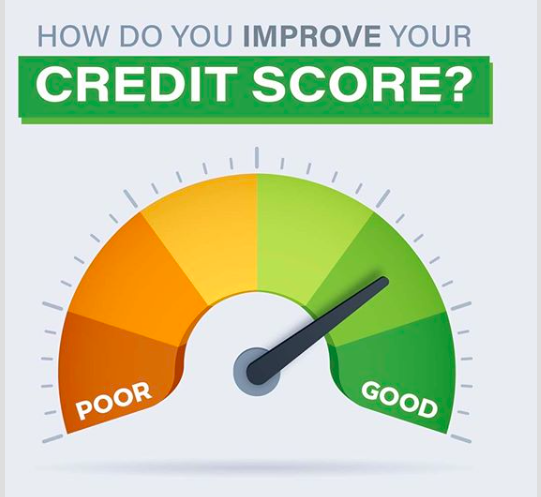WHAT IS A CREDIT SCORE?
Key Takeaways
A credit score is a statistical number that evaluates a consumer's credit worthiness and is based on credit history. Lenders use credit scores to evaluate the probability that an individual will repay their debts. A person's credit score ranges from 300 to 850, and the higher the score, the more financially trustworthy a person is considered to be.

The credit score model was created by the Fair Isaac Corporation, also known as Classic FICO, and it is used by financial institutions. While there are other credit-scoring systems, the Classic FICO score is by far the most commonly used. Consumers can possess high scores by maintaining a long history of paying their bills on time and keeping their debt low. But sometime in 2024, Fannie Mae and Freddie Mac will start requiring FICO 10T and VantageScore 4.0 (which score models are considered more inclusive than Classic FICO) in place of the Classic FICO. Therefore, the FICO 10T and VantageScore 4.0 will expand access to credit to people with limited credit histories. Also, the new credit reporting will extend access to credit to people with strong alternative credit data, who may have recently moved to the United States, or they simple prefer using cash and debit cards in place of credit. The new credit scoring models take into account alternative credit data (rent, utilities, telecom payments, etc), they can give these otherwise credit invisibles a chance to show off their on-time payment histories and enhance their mortgage eligibility. Once the bi-merge credit reporting is in effect, Lenders will only need to order credit scores from tow of the three credit bureaus, Equifax, Experian or TransUnion.
What Is A Credit Score?
While every creditor defines its own range for credit scores, here is the average FICO score range:
Credit Score Factors: How Your Score Is Calculated
There are three major credit reporting agencies in the United States, (Experian, Truansunion and Equifax), which report, update, and store consumer's credit histories. While there can be differences in the information collected by the three credit bureaus, there are five main factors evaluated when calculating a credit score: 1) Payment history: counts for 35% of a credit score and shows whether a person pays their obligations on time. Total amount owed counts for 30% and takes into account the percentage of credit available to a person that is currently being used, which is know as credit utilization 2) Length of credit history: counts for 15% with longer credit histories being considered less risky, as there is more data to determine payment history. 3) Types of credit used counts for 10% of a credit score and shows if a person has a mix of installment credit, such as car loans or mortgage loans, and revolving credit, such as credit cards. New credit also counts for 10%, and it factors in how many new accounts a person has, how many new accounts they have applied for recently, which results in credit inquires, and when the most recent account was opened.
If you have many credit cards and want to close some that you do not use, closing credit cards can indeed lower your score. Instead of closing them, gather up the cards you don't use. Keep them in a safe place in separate, labeled envelopes. Go online to access and check each of your cards. For each, ensure that there is no balance and that your address, email address, and other contact information are correct. Also make sure that you don't have autopay set up on any of them. In the section where you can have alters, make sure you have your email address or phone in there. Make it a point to regularly check that no fraudulent activity occurs on then since you aren't going to be using them. Set yourself a reminder to check then all every six months or every year to make sure there have been no charges on the and that nothing unusual has happened.
How To Improve Your Credit Score
When information is updated on a borrower's credit report, their credit score changes and can rise or fall based on the new information. Here are some ways a consumer can improve their credit score:
The Bottom Line
Your credit score is one number that can cost or save you a lot of money in your lifetime. An excellent score can land you low interest rates, meaning you will pay less for any line of credit you take out. But it's up to you, the borrower, to make sure your credit remains strong so you can have access to more opportunities to borrow if you need to. We have mortgage programs for credit scores 550+. Compete an Inquiry Form or call us today at 877-539-1697.